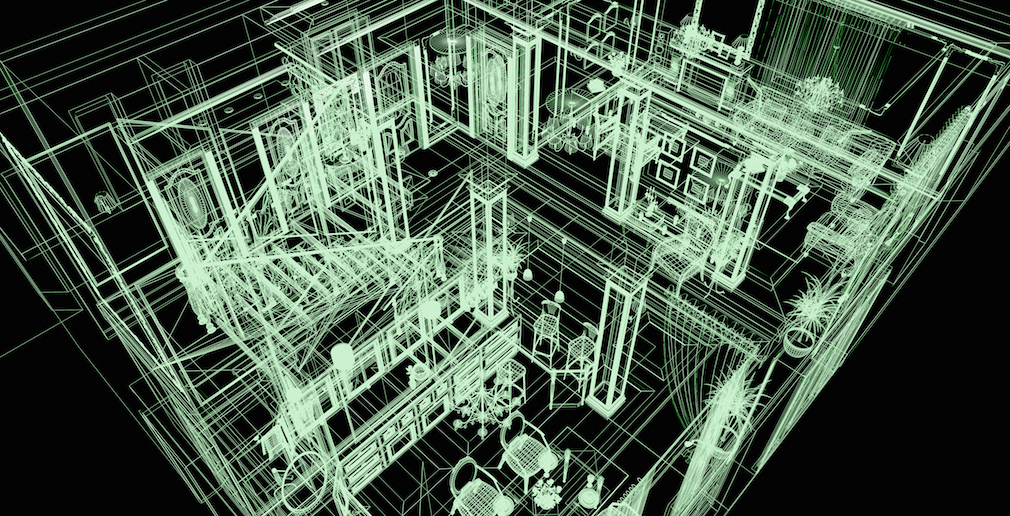Zillow knows its “Zestimate,” the online real estate giant’s property value estimation tool, isn’t perfect. Even after years of consistently working on the algorithm that powers the Zestimate, Zillow acknowledges that its Zestimate error rate is still 5% nationwide.
But Zillow wants to do something about it, and it’s offering up a sizable carrot for anyone who can make the Zestimate better: $1 million.
Zillow is offering up the $1 million in a contest it’s calling the “Zillow Prize.” To win, one simply needs to develop an algorithm that is more accurate than the one that currently powers the Zestimate.
Well, it’s not that simple. These things never are.
But here’s how it all breaks down.
Zillow is calling for “data scientists, engineers and visionaries” to compete in the contest and work to improve automated home valuations of 110 million homes across the U.S. that are currently shown on Zillow.
The Zestimate has long served as a contentious issue between real estate professionals and consumers.
While Zillow describes the Zestimate as a “great starting point” for determining the value of a home, homebuyers and sellers often believe that the Zestimate listed on a home is the true market value of the home.
As Zillow notes, it has dramatically improved the accuracy of its Zestimate, measured by how close the Zestimate is to the eventual sale price of a home, from 14% in 2006 to its current level of 5%. But it wants to do even better.
“We still spend enormous resources on improving the Zestimate, and are proud that with advancements in machine learning and cloud computing, we’ve brought the error rate down to 5% nationwide,” said Stan Humphries, creator of the Zestimate home valuation and Zillow Group chief analytics officer. “While that error rate is incredibly low, we know the next round of innovation will come from imaginative solutions involving everything from deep learning to hyperlocal data sets — the type of work perfect for crowdsourcing within a competitive environment.”
As Zillow describes it, the Zestimate home valuation is the “ultimate algorithm, one of the highest-profile, most accurate and sophisticated examples of machine learning.”
And the Zillow Prize will mark the first time that a portion of the proprietary data that powers the Zestimate home valuation will be available to individuals outside of Zillow, the company notes.
The contest will be broken up into two rounds, a public qualifying round, which opens on May 24, 2017, and concludes Jan. 17, 2018, and a private final round that begins Feb. 1, 2018, and ends Jan. 15, 2019.
Here’s how the contest will work, per Zillow:
Contest participants have until Oct. 16, 2017 to register for the qualifying round, download and explore the competition data set, and develop a model to improve the Zestimate residual error. The top 100 teams from the qualifying round, those whose solutions most reduce the difference between the Zestimate home valuation and the actual sale price of the homes within the dataset, will be invited to participate in the final round and compete for the $1 million dollar prize.
In the final round, the winning team must build an algorithm to predict the actual sale price itself, using innovative data sources to engineer new features that will give the model an edge over other competitors. The home value predictions from each algorithm submission will be evaluated against real-time home sales in August through October 2018.
In order to take home the $1 million grand prize, the winning algorithm must beat Zillow’s benchmark accuracy on the final round competition data set and enhance the accuracy further than any other competitor, Zillow said.
Additionally, a $100,000 second place prize and $50,000 third place prize will also be awarded in the final round. A total of $50,000 will also be awarded to the top three ranking teams in the qualifying round.
So, to all the “data scientists, engineers and visionaries” out there, we wish you luck. The real estate industry is rooting for you to strike it rich.





